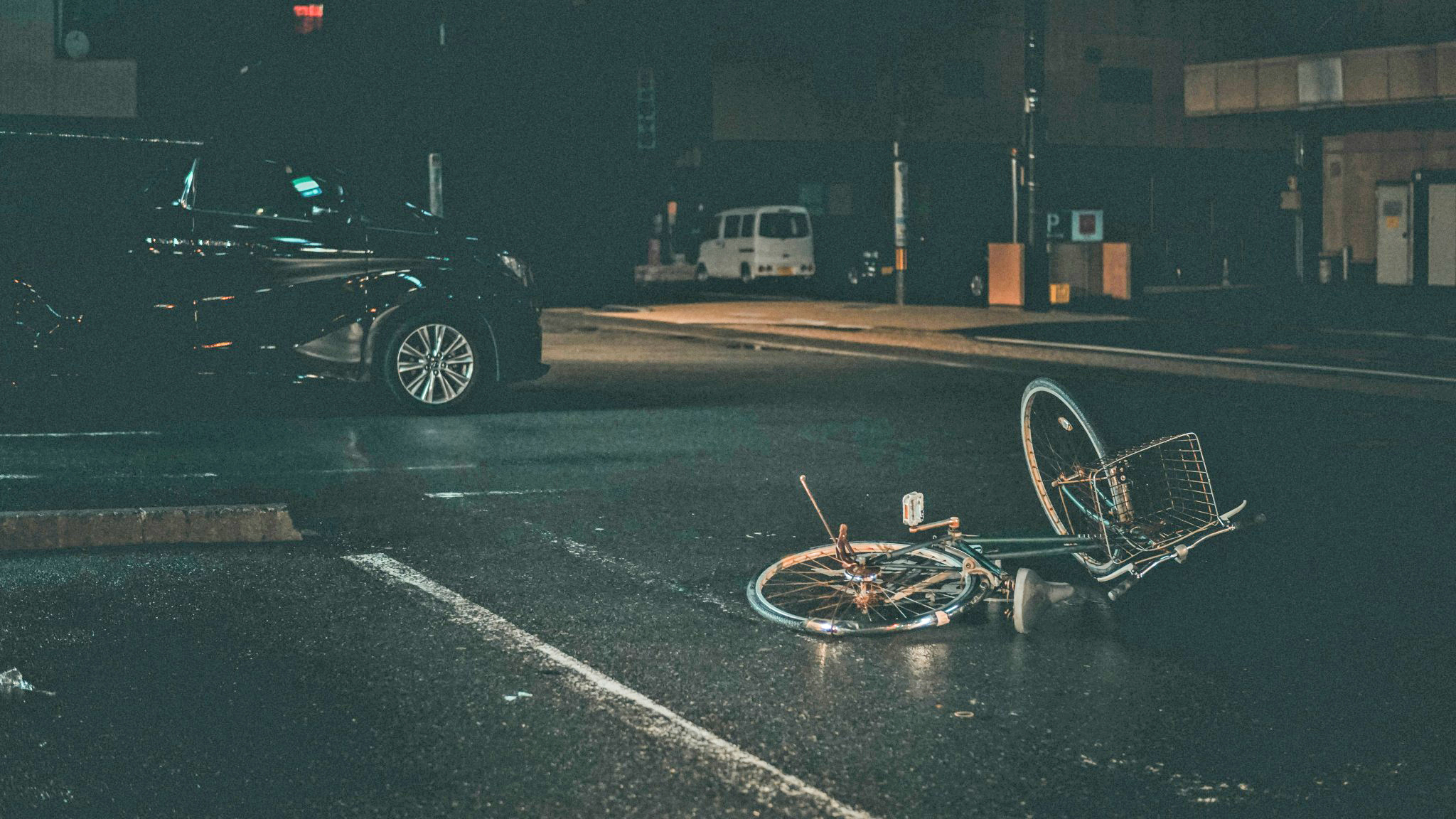Sustainable transportation advocates know all the stats about how many people die in car crashes on global roads every year. But what about all the deaths and injuries that car culture causes — not to mention all the other ways it diminishes and destroys our communities? On this episode of The Brake, we’re bringing you an extended interview with the lead author of a new literature review that took on the impossible task of answering that question, and offered an astonishing glimpse into the many “car harms” that researchers around the world have tried to quantify. And then, we talk a little bit about how the costs of automobility measure up against its supposed benefits — and what it will take to shift the balance sheet towards human-scaled places. Listen in, and read a shareable digest of Miner’s paper here.
Car culture
The Brake Podcast: How Many People Does Car Culture Kill, Exactly?
One in 32 people around the world die from car crashes, car-related air pollution, and car-related lead exposure every year. But even the astonishing number doesn't tell the whole story.
Stay in touch
Sign up for our free newsletter
More from Streetsblog USA
Tuesday’s Headlines Are a Little Bit Safer
Traffic deaths are down about 12 percent, which the National Safety Council attributes to new technology and infrastructure investments.
Could Refurbished E-Bikes Be the Secret Weapon of the Livable Streets Movement?
A high-quality used market could be the boost America needs to get would-be riders off the sidelines and into the saddle, a new report argues.
How the ‘Little Free Pantry’ Can Help Feed the Hungry Without Requiring Them to Drive
Researchers are trying to reduce the mobility barrier to food by bringing it directly to neighborhoods.
Exactly How Much It Cost to Build the Average Parking Space In Your City
For new apartments, the research found that building required parking adds roughly $50,000 to $100,000 per unit, and disproportionately increases the cost to build smaller apartments.
Monday’s Headlines Took the Keys Away
A demographic disaster is coming as a generation of aging suburbanites become either dangerous drivers or trapped in their homes.
Why Anti-Trans Laws Are Terrible For Transportation, Too
A disturbing new Kansas law revokes trans people's driver's licenses. Here's how it will make our communities more dangerous.






